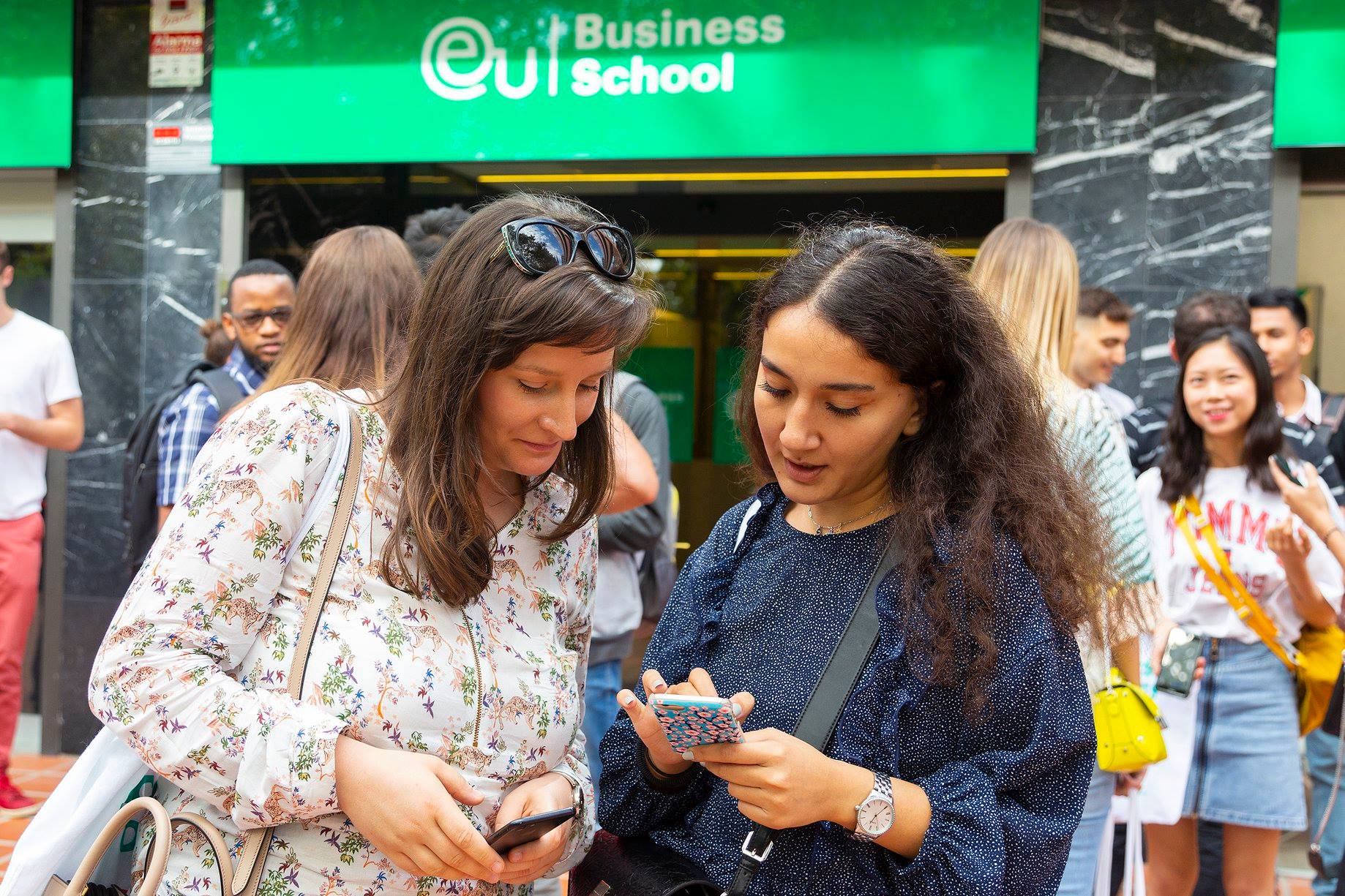Do You Have Social Media Anxiety?
If social media makes you anxious and depressed, you’re not alone. However, learning more about it will empower you to make better, more mindful decisions and help you to avoid feeling consumed by apps.
“Human beings are social creatures.” We’ve all heard this statement. We crave closeness and company, and creating social bonds makes us feel safe, worthy, and loved. The opposite is also true, with many studies having found that lacking strong social connections can pose threats to our mental, emotional, and even physical wellbeing.
As such, people find as many ways as possible to feel connected to our loved ones, creating tools to feel close to them even when we are geographically distant. Social media platforms are one of the ways we keep in touch. Usage of these kinds of digital spaces have skyrocketed during the last decade, and new platforms are being generated all the time. Facebook, Instagram, Snapchat, TikTok and YouTube are some of the most widely used apps at present.
Due to the pandemic, many of us have spent more time at home, with social media helping us to stay connected during this time of extended isolation. However, the kind of limitless contact that social media platforms offer can have a negative impact on our mental and emotional health. Let’s take a deeper look as to why this is.
Your brain on social media
In a now-famous interview, computer scientist and author of the book “Ten Arguments for Deleting Your Social Media Accounts Right Now” Jaron Lanier explained that social media has a significant and damaging influence on our lives.
Medical science supports Lanier’s claims, with research demonstrating that social media can exacerbate underlying mental health issues. But you don’t have to suffer from a diagnosed mental illness to feel the more deleterious effects of the technology.
In some cases, however, social media can be beneficial for our mental well-being. For those suffering from social anxiety, for example, spaces such as online forums can offer a way to connect with others without feeling overwhelmed. These digital meeting places can also allow people to practice valuable social skills, and to feel less alone.
Nevertheless, some experts have identified a pattern which has been dubbed ‘social media anxiety’. Let’s explore some of the symptoms.
Social media can lead you to compare yourself to others
The Royal Society for Public Health study, #StatusofMind, demonstrated that Instagram and Snapchat were the most damaging social media platforms with regard to youth mental health.
Why is this? Young people are drawn to upwardly compare themselves to the unrealistic, and extensively curated highlights of people’s lives appearing in their feed. However, while adolescent brains may be more inclined to suffer in this respect, people of any age can fall into the comparison trap.


Social media can give you FOMO
The fear of missing out, or FOMO, can become a serious problem for many social media users. We relate what we see on screens to our own lives, which often evokes feelings of inadequacy and anxiety. Someone else always seems to look more attractive or socially accomplished than us, and as a result, we feel that we’re missing out, or that our lives are dull by comparison.
Social media can promote addictive behavior
This is perhaps one of the most detrimental effects of social media.
The channels can be highly addictive as they are designed to stimulate our dopamine reward system. In the same way that slot machines have cash prizes, social media offers social acceptance as a reward. The film, “The Social Dilemma”, explores the structure of social media platforms, and the reasons for the adverse impact on mental health. Anxiety and addiction are fostered on purpose, helping to drive the market.


What can you do about it?
- Assess how much time you’re spending on social media, and how you feel about it afterwards
You can do this in various ways. For example, smartphones have in-built trackers that help you determine how many hours you spend on each app. Keep track of your usage, then assess if you feel better about yourself on the days where you use certain apps for less time.
- Consider taking a social media diet, or detox
Taking a break can be highly beneficial for your mental and physical wellbeing. Choose a set time each day in which you refrain from any kind of social media use. This will help you determine if you feel better or worse afterwards, and build a healthier, non-addictive relationship with the platforms.
- Try to become aware of your impulses to check your phone and social media notifications
Have you ever noticed that sometimes you lose track of time while using social media? Or that you get easily distracted by notifications? This is by design, as social media is structured to leverage our attention. One was to reclaim your focus is by practising mindfulness. Individuals with higher levels of mindfulness are not only happier, they also use social media less.
- If you want to keep using your accounts, curate your feed to include positive and uplifting content
Social media can be an excellent tool for knowledge and personal development. By including inspiring or educational content, you can infuse your accounts with information that is pleasant or useful for you and avoid posts or forums that generate negativity and conflict.
So, can we use social media without it causing us anxiety?
Remember, social media is a tool that can have both beneficial and harmful impacts depending on how it is utilized. There is much research to confirm that when our use of social media use is balanced and positive, we tend to feel good about it. It is when we lose control of our impulses and start engaging in less-than-ideal behaviors that we suffer from the more damaging effects that the platforms have have on our health.











